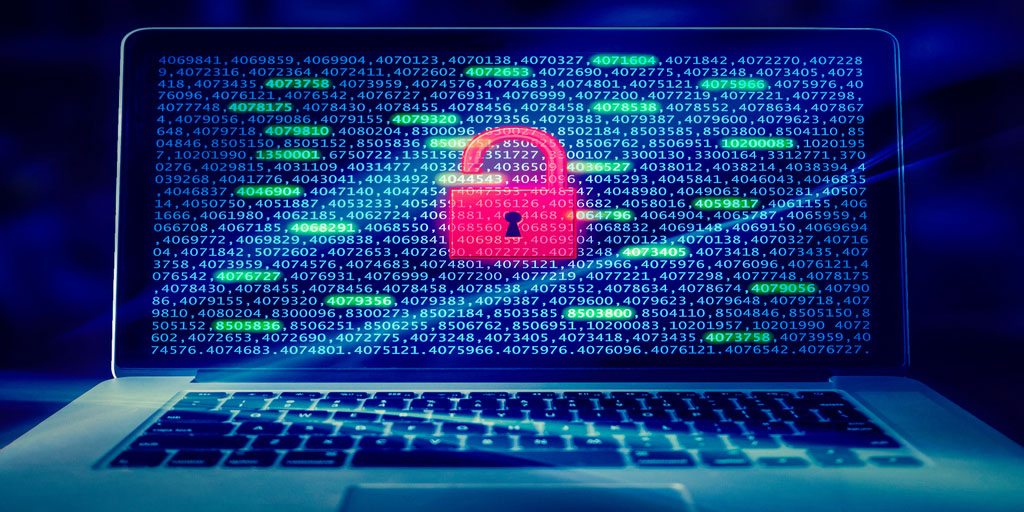 Online data breaches have been in the news a lot this year, so what can you do firsthand to avoid being a victim of identity theft?
Online data breaches have been in the news a lot this year, so what can you do firsthand to avoid being a victim of identity theft?
When a data breach strikes
When news breaks of a data breach within a company that holds your information, it’s not always clear what that means for you. Reports focus on the number of affected people or accounts. A data breach allows criminals to get your information–using it for their own motives or selling it so other scammers can pretend to be you.
Consumer protections
Most credit card companies and banks offer customers some sort of monitoring services to prevent fraud or theft. When you get word of a data breach and worry you may have been compromised, explore what options are already provided to you by being a customer.
Do your own monitoring
Besides the consumer protection services available to you, it’s smart to always be your own fraud monitor. There are simple ways to keep an eye on your information. They’re just a click away.
- Set account alerts. Alerts can be sent straight to your phone when your account hits a certain limit, charged in an unusual area (like out of state) or used frequently in a short period of time.
- Check credit reports and statements. Carefully read your credit reports and bank statements for any odd listings. Maybe there’s a card or two you haven’t used for some time, or mail you’ve skipped opening.
- Edit social media. Scammers can take info you share to guess passwords, get an idea of places you frequently shop, etc. Be weary of how your social media posting may be tied to your various accounts.
Eve Velasquez, president of the Identity Theft Resource Center says the internet has become “an Amazon for fraudsters.” Remember, data breaches aren’t limited to your bank accounts and credit cards. Scammers can use your medical information to get treatment, or hack into government records and take advantage of your Social Security or veteran benefits.
With the holiday shopping season here, you may be doing a lot of credit card swiping the next few weeks. For more information on how data breaches affect you personally, read this CNET article.

